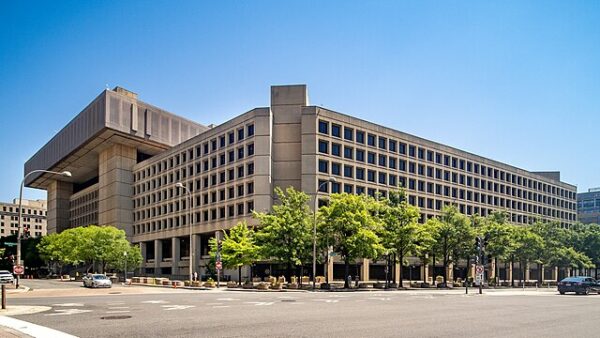
“This FBI is leaving the Hoover Building because this building is unsafe for our workforce,” Patel said. He added that a premier law enforcement agency should not be forced to operate from a structurally deficient facility. “We want the American men and women to know, if you’re going to come work at the premier law enforcement agency in the world, we’re going to give you a building that’s commensurate with that—and that’s not this place.”
The new plan will reassign approximately 1,500 FBI personnel from the National Capital Region to field offices across the country, in what Patel called a “plus-up” for every state. Currently, roughly one-third of the Bureau’s workforce remains headquartered in Washington, despite the overwhelming majority of federal crimes being investigated elsewhere. This relocation is designed to correct that imbalance and embed FBI agents more deeply in the communities they serve.
“What we want the American men and women to know, if you’re going to come work at the premier law enforcement agency in the world, we’re going to give you a building that’s commensurate with that and that’s not this place,” the FBI director explained.
Before his appointment as FBI Director, Patel made clear his intention to shut down the Hoover Building. Since taking the helm under the Trump administration, the bureau has ramped up its focus on child exploitation cases—arresting 200 suspected child predators nationwide earlier this month—and has seen a surge in job applications.
During the past decade, the FBI has been caught in numerous scandals, including the targeting of political enemies, branding Catholics domestic terrorists, and hiding crime statistics to boost Biden.
The move is part of a broader campaign by Patel to decentralize the agency and distance it, both physically and institutionally, from Washington’s entrenched political ecosystem. For decades, the Hoover Building has been emblematic of the Bureau’s internal culture and external controversies. Its brutalist design has drawn criticism since the 1970s, and its crumbling concrete façade has required tens of millions in repairs. Multiple plans to replace or relocate the building have been floated and shelved over the years, primarily due to congressional gridlock or budgetary constraints.
But Patel’s directive, bolstered by the support of FBI Deputy Director Dan Bongino, represents a turning point. The goal is not merely a change in address, but a redefinition of the Bureau’s operational center of gravity.


